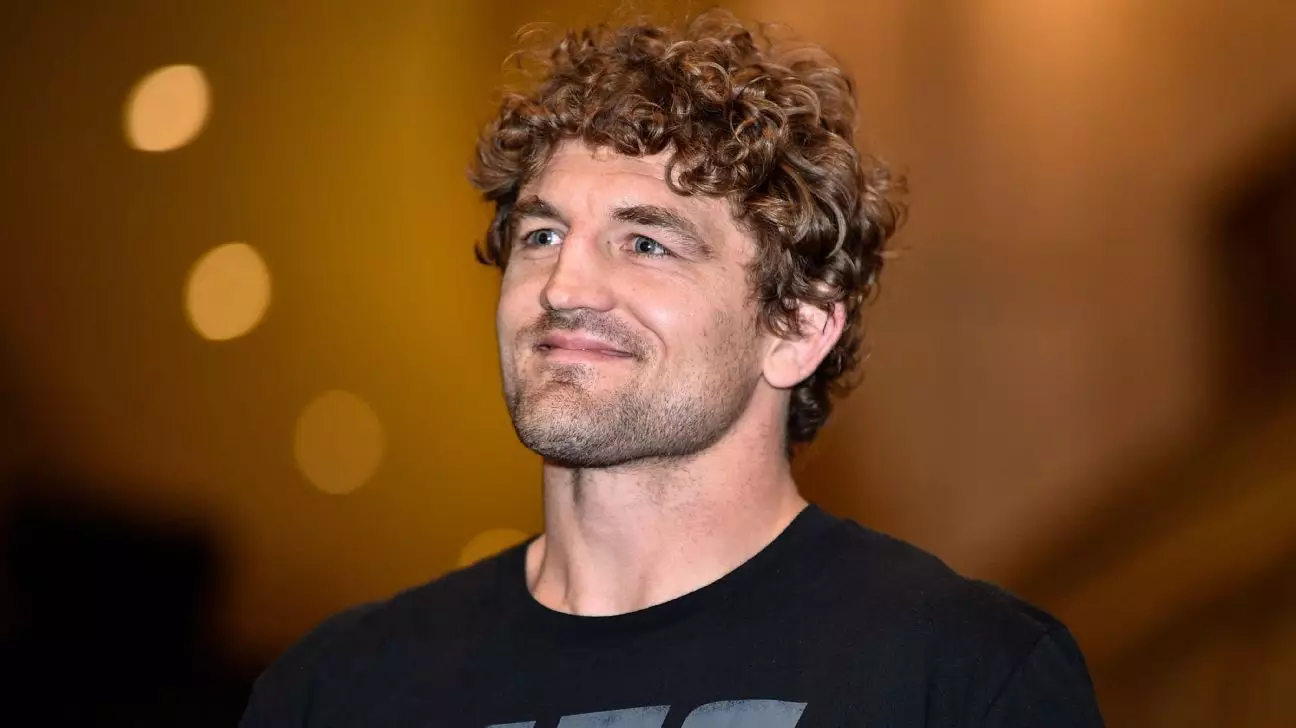Ben Askren, a name synonymous with grit and triumph in wrestling and mixed martial arts, recently faced a health battle few could have anticipated. Known for his relentless spirit inside the ring, Askren’s life took an abrupt turn when he was hospitalized due to severe pneumonia. What makes this story striking is not just the illness itself, but how rapidly a world-class athlete transitioned from seemingly robust health to being critically ill, requiring a double lung transplant. It’s a stark reminder that even those at the peak of physical conditioning are not invulnerable. The sudden shift from health to life-threatening illness within a few weeks underscores how unpredictable and fragile human health can be.
The Complexity Behind the Lung Transplant
A double lung transplant, an intense and rare procedure, became the cornerstone of Askren’s path to recovery. This operation is not only a physical challenge but a monumental emotional and psychological one. For Askren, who has built his identity around peak physical performance, this will represent a profound lifestyle shift. His wife Amy’s public gratitude towards the donor and their family captures the deep interconnection and human compassion that underpins transplantation medicine. Such procedures are complex and fraught with uncertainty—success relies heavily on the recipient’s body accepting the new organs. The transplant marks a new chapter, one filled with cautious hope, reflecting the delicate balance between medical breakthrough and the enduring vulnerability of life.
The Personal Toll and Community Support
Amy’s updates reveal more than medical facts—they reflect the emotional odyssey experienced by both Askren and his family. The wave of support from the community, friends, and fans highlights how crises can galvanize collective empathy and strength. As a father of three and a local wrestling coach who has contributed significantly to his community in Wisconsin, Askren’s journey resonates beyond his personal struggle. It evokes the broader human experience—how families and communities rally around their own in times of dire need. Amy’s candid posts emphasize not only gratitude but also the overwhelming nature of this battle, blending hope, fear, and resilience.
Legacy Beyond the Ring
Askren’s career achievements are impressive by any measure: multiple MMA titles, NCAA Division I championships, and an Olympic berth. Yet, this health crisis places a spotlight on the man beyond his athletic prowess. His resilience as a champion might now be tested not in combat sports but in the arena of recovery and adaptation. It challenges the conventional image of strength, reminding us that true strength includes vulnerability and the will to persevere through unforeseen hardships. Askren’s ongoing journey may inspire others to reconsider what it means to fight, not just in sports, but in life itself—emphasizing endurance, hope, and transformation over mere victory.

